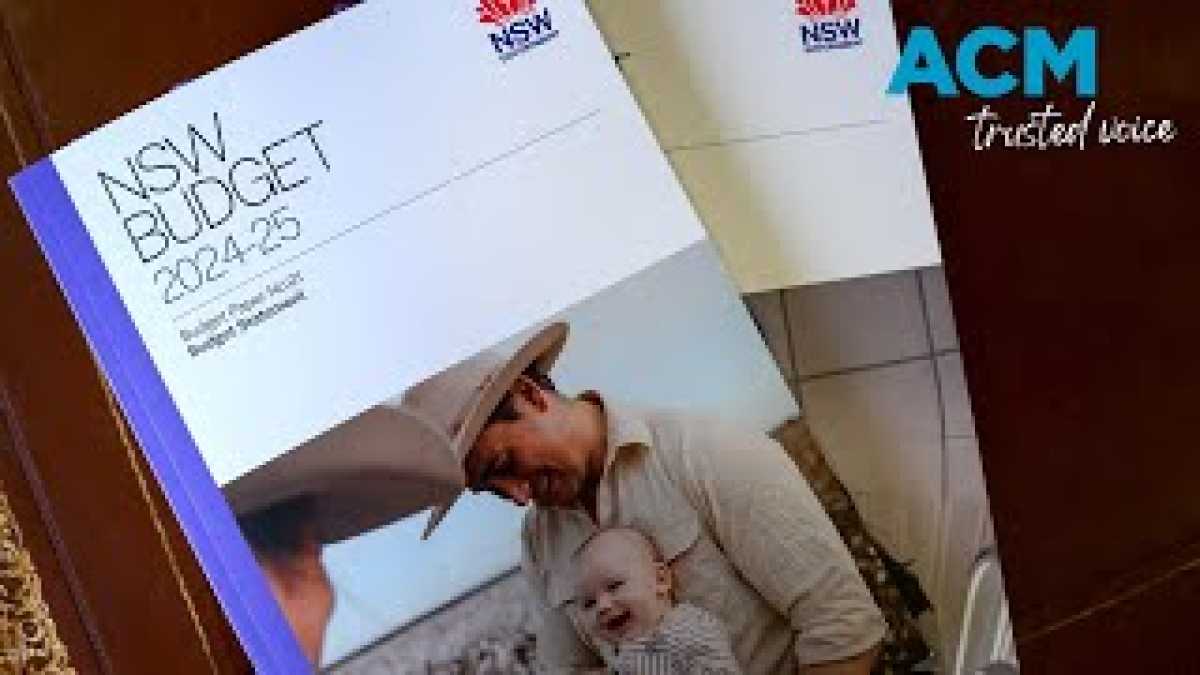News
NSW Budget 2024: Winners and Losers Revealed in Minns Government’s Bold Plans

The recent NSW budget for 2024 has sparked a mix of reactions as the Minns government unveils its strategies to address key societal issues, with a focus on providing relief for citizens and various sectors.
One of the primary initiatives aims at supporting bulk-billing General Practitioners in the healthcare sector, with a significant investment of $189 million over four years to reduce operational costs for GP clinics. The plan includes changes to the payroll tax system to incentivize clinics to increase bulk-billing rates for patients.
In terms of housing, the government has outlined a comprehensive plan to enhance social housing stock, with a substantial investment of $5.1 billion allocated to build 8,400 new homes under Homes NSW. Additionally, $1 billion will be utilized for repairing and maintaining 33,500 existing public and social housing properties across the state.
Another critical aspect of the budget focuses on supporting essential workers by allocating $650 million for build-to-rent programs and accommodation in rural and regional areas.
On the flip side, the budget reveals the impact of policies related to energy producers, particularly in response to the energy price surge following events in Russia. The cost implications of capping black coal prices and extending the life of coal-fired power plants have been highlighted.
For hospitals, the government has earmarked $481 million to aid emergency departments under strain and bolster staffing levels to manage increasing demand.
While the budget addresses the needs of frontline public sector staff with wage increases, there is less focus on average income renters who are facing rising rental costs, and limited prospects of homeownership.
Furthermore, adjustments to land tax indexation and foreign owner land tax surcharges indicate implications for property owners with multiple properties and foreign investors.
Despite a wellbeing index emphasizing sustainability, there is a lack of significant environmental measures in the budget, with only modest allocations for waste management, national park maintenance, and other related projects.












